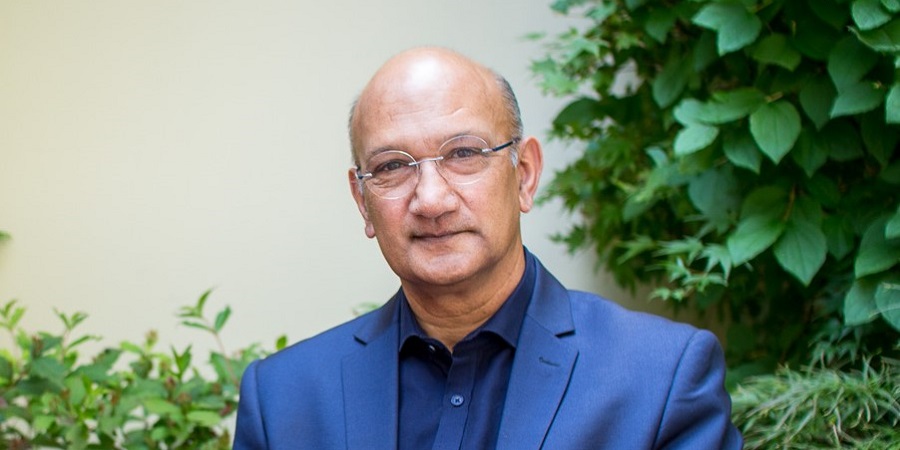
I write at a time when our world is engulfed in a crisis of almost unimaginable proportions. The stark reality of what might have felt like a surreal situation has well and truly hit home, bringing normal social and economic activity and lifestyles to a halt, as our leaders put in place measures to stem the spread of the SARS-CoV-2 virus, and to minimize the casualties that are a tragic reality.
If ever it was vital to listen to the scientists, it is now. The World Health Organization leads the way in the fight, rightly, while growing numbers of scientists and scientific organizations work frantically to develop a vaccine. At the same time epidemiologists and other modellers, a central component of the task teams assembled by governments, provide advice on the concrete, often unpalatable measures that policymakers have to implement.
Maximal levels of cooperation are essential to a successful outcome. Beyond working together, it ought to be abundantly clear that our success depends crucially on the ability of experts from a vast range of disciplines to engage in truly transdisciplinary approaches in combating the threat of the SARS-CoV-2 virus: straddling geographical boundaries, the public and private sectors; and planning, researching, implementing strategies that draw not only on the biomedical sciences, but from the vast range of knowledge and expertise in the natural and social sciences, and engineering. The impact on social behaviour and responses poses new and fundamental questions that must be addressed.
The Governing Board met some weeks ago to ask: what should the ISC, as a global scientific organization, be doing about this health, economic and social crisis? In what ways can the ISC add most value to the work of those at the frontlines? In responding to this question, we returned to our vision of science as a global public good – where scientific knowledge, data and expertise are universally accessible and the benefits universally shared. First, in this context, we affirm our strong support for the World Health Organization, and our readiness to respond to any of its needs that we might be able to address. We urge acknowledgement of its leadership role at the global level.
A further response by the ISC has been to establish an online COVID-19 Global Science Portal (www.council.science/covid19) hosted on the ISC website. The portal shares scientific commentary and analysis and provides access to information on various initiatives, highlighting the scale and scope of response, and encouraging ISC members and partners to collaborate and share best practices during this global emergency. The Portal carries with it the powerful message of the importance of collaboration across organizations, disciplines, and geographical and cultural boundaries. I ask that members continue to populate this portal with their initiatives, think-pieces and debates using the online form.
As a global community we are rightly consumed with addressing the immediate challenges presented by the pandemic. But the ISC is in a position to go further than this. We have no idea of the kind of world to which we will return, once this threat is overcome. Much will have changed, some of it irreversibly. We will have learned a great deal about how better to approach major challenges, how to work together. The ISC is well placed to contribute to the set of challenges that go beyond the immediate. In this regard the ISC COVID team is engaging actively and in partnership with others.
We will ensure that our members and partners are kept abreast of these initiatives as they take shape. Likewise, we look to you, our members, to work with the ISC in (re)shaping the scientific agenda.
I have no doubt that through our collective efforts, as well as the many expressions and actions of solidarity, mutual support, and of caring, within and beyond the scientific community, we will emerge better able to address the many global challenges that will continue to shape our world, and our work as scientists.
I wish you well during these difficult times.
Daya Reddy,
President, International Science Council